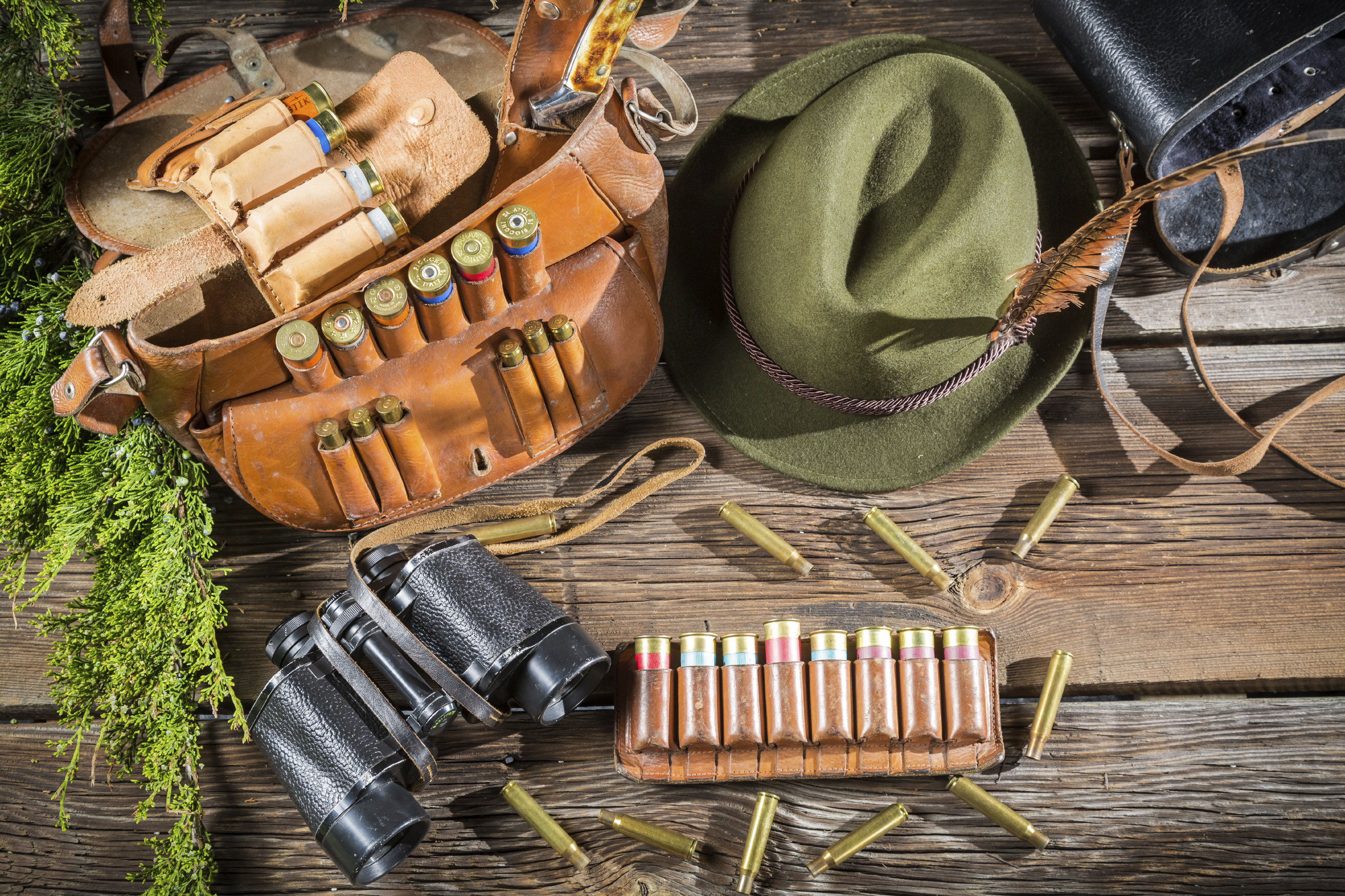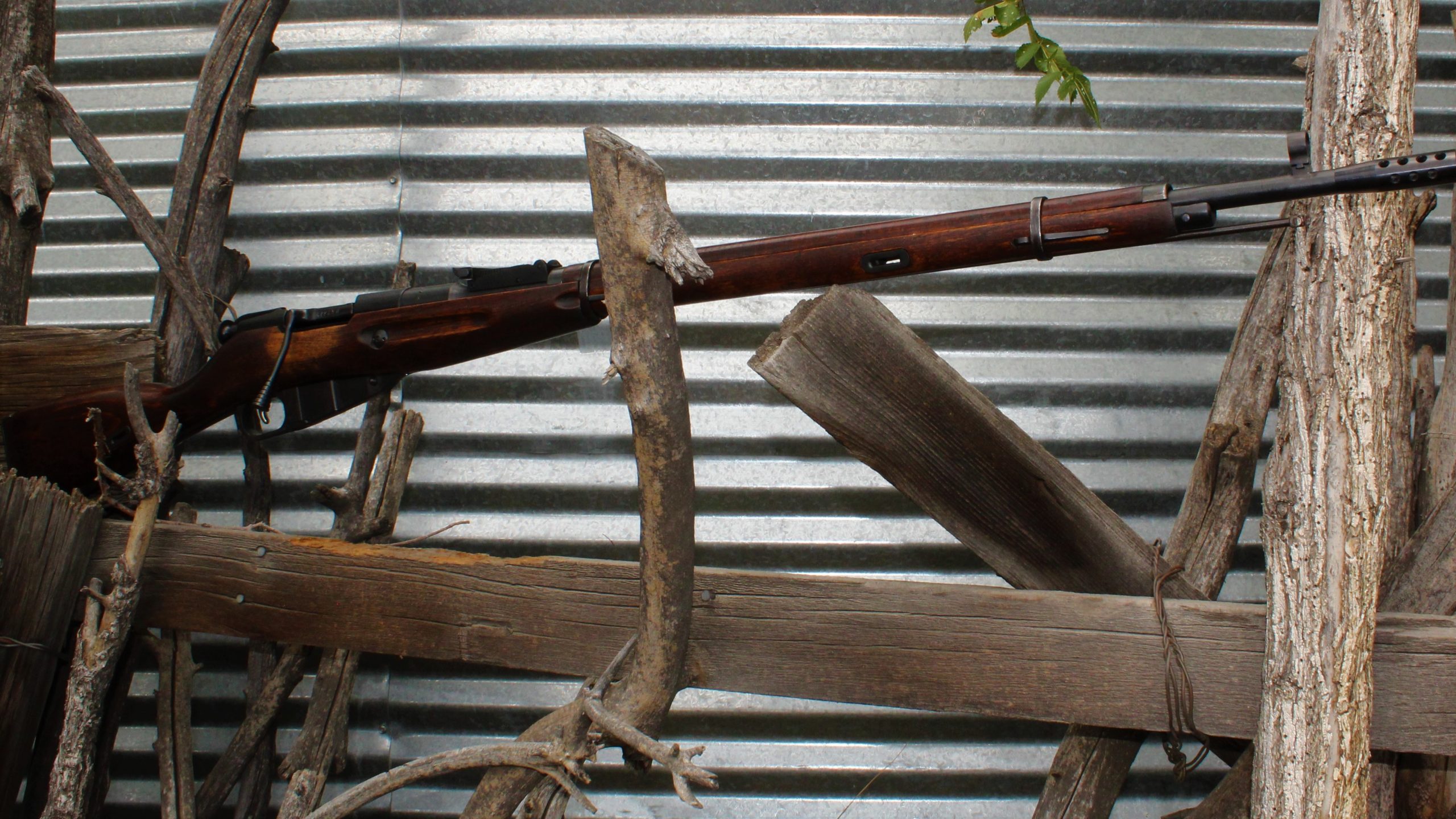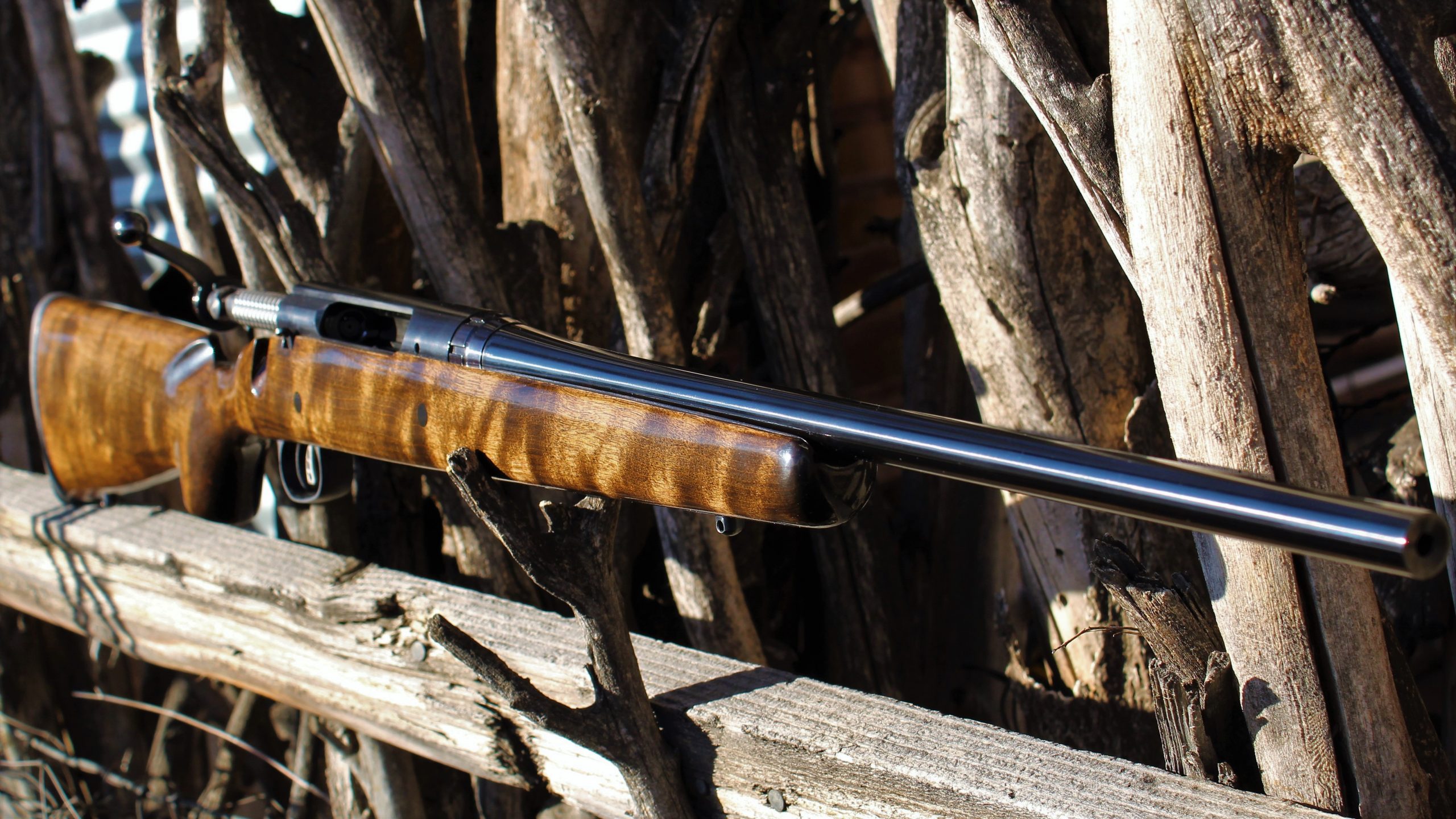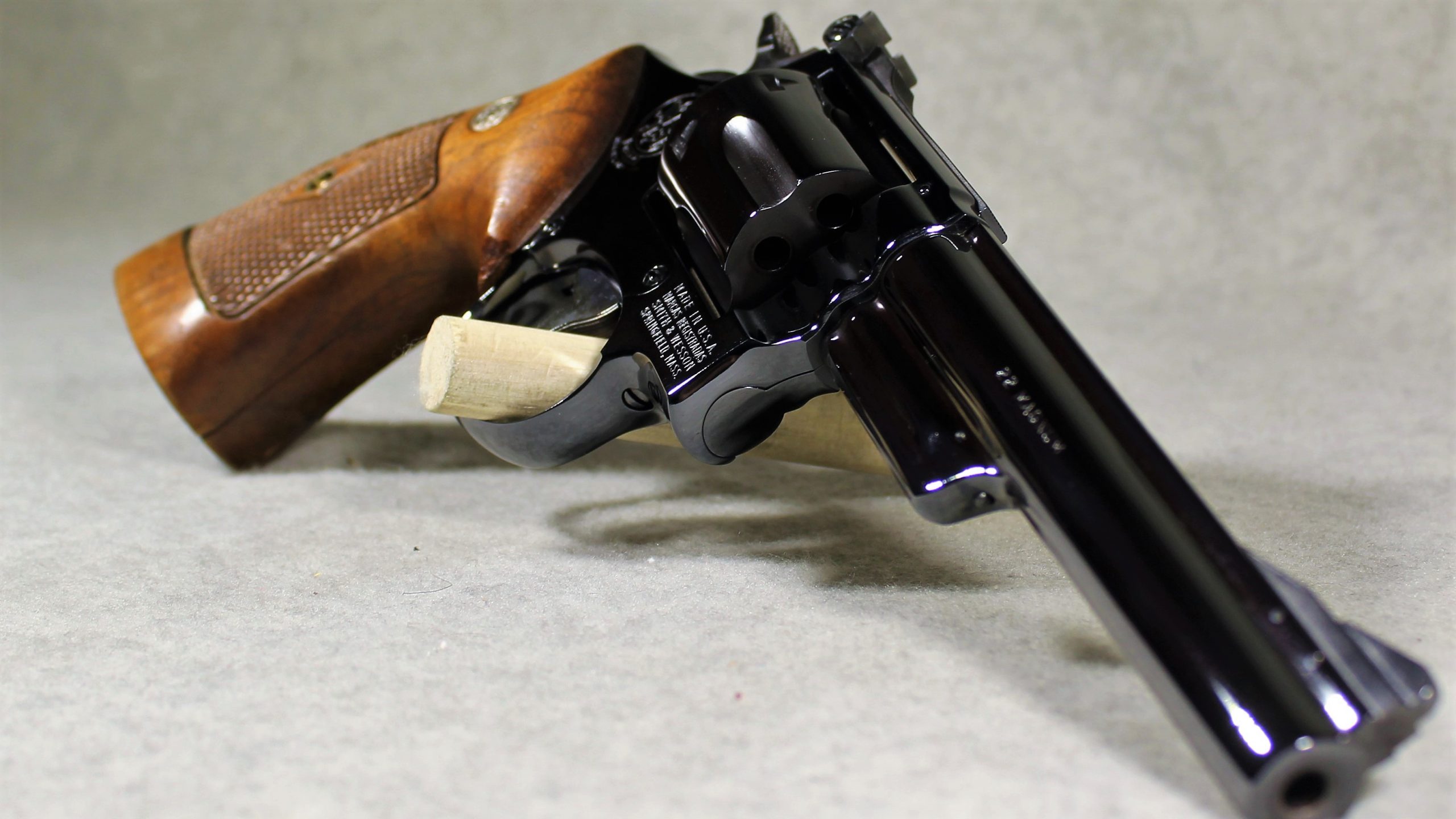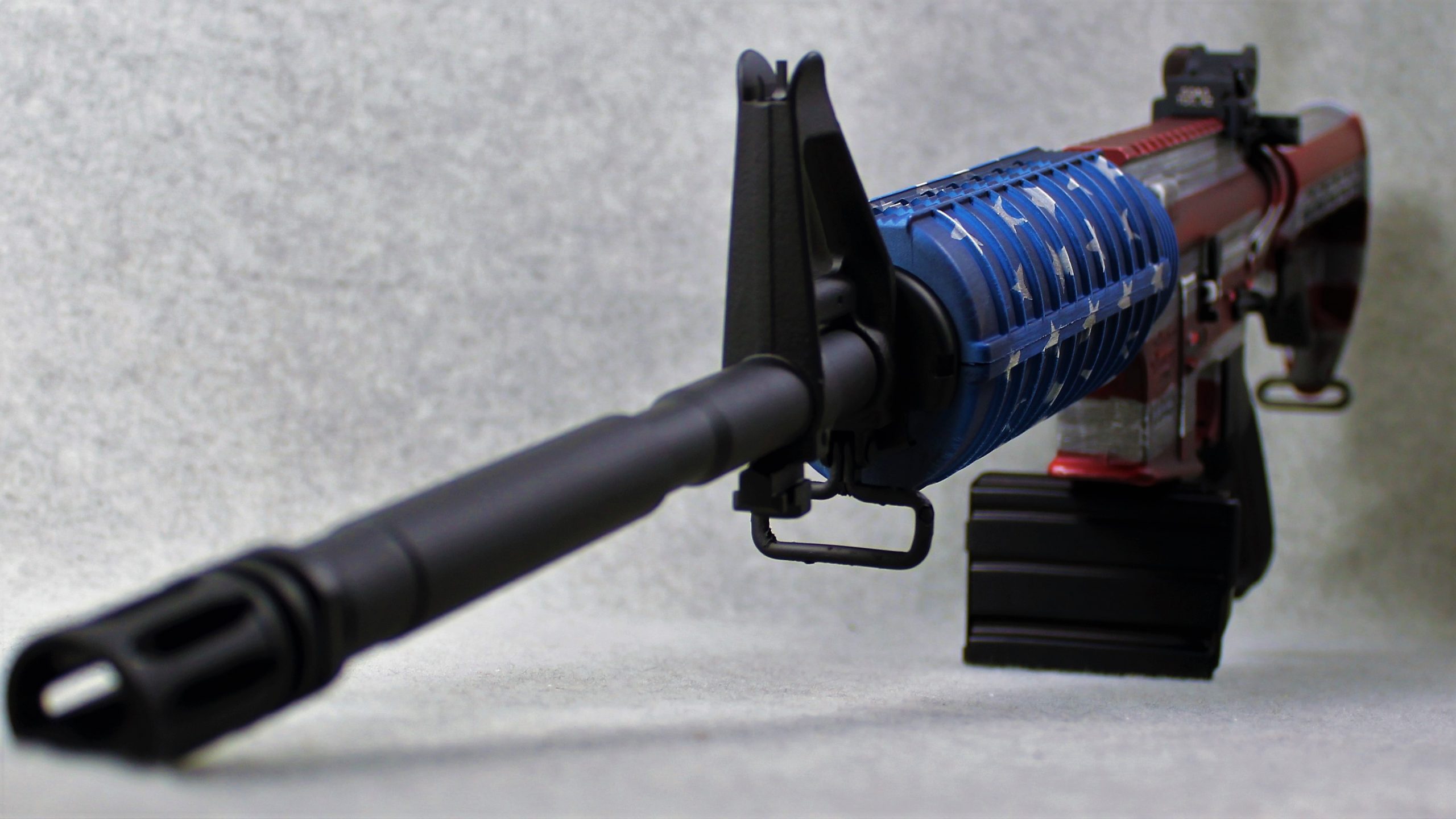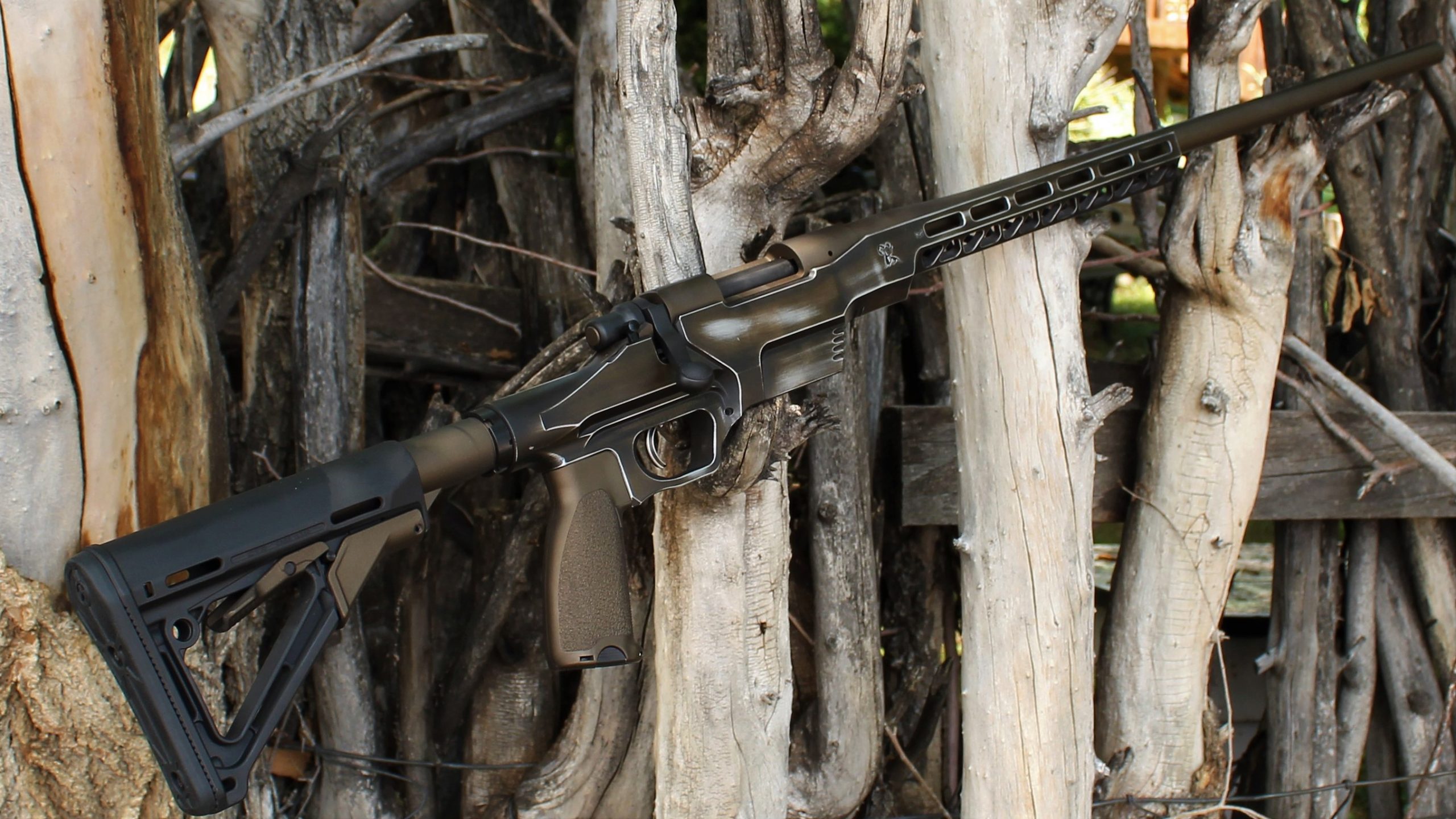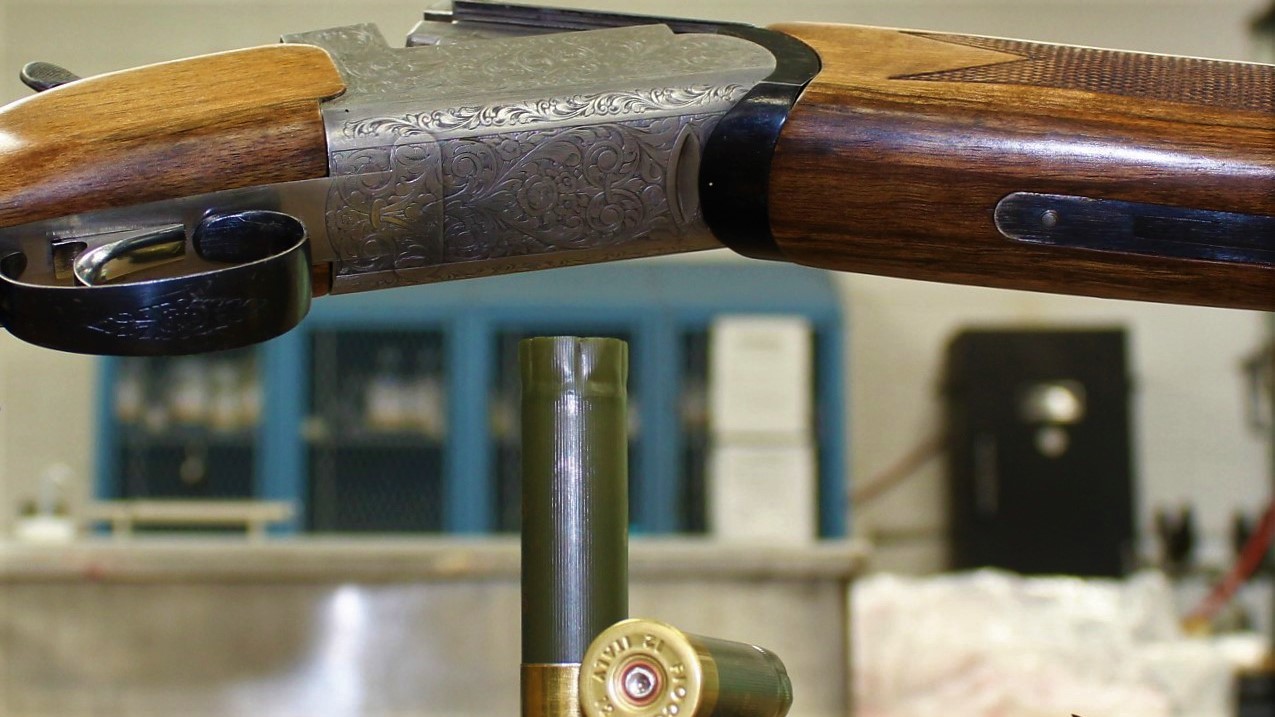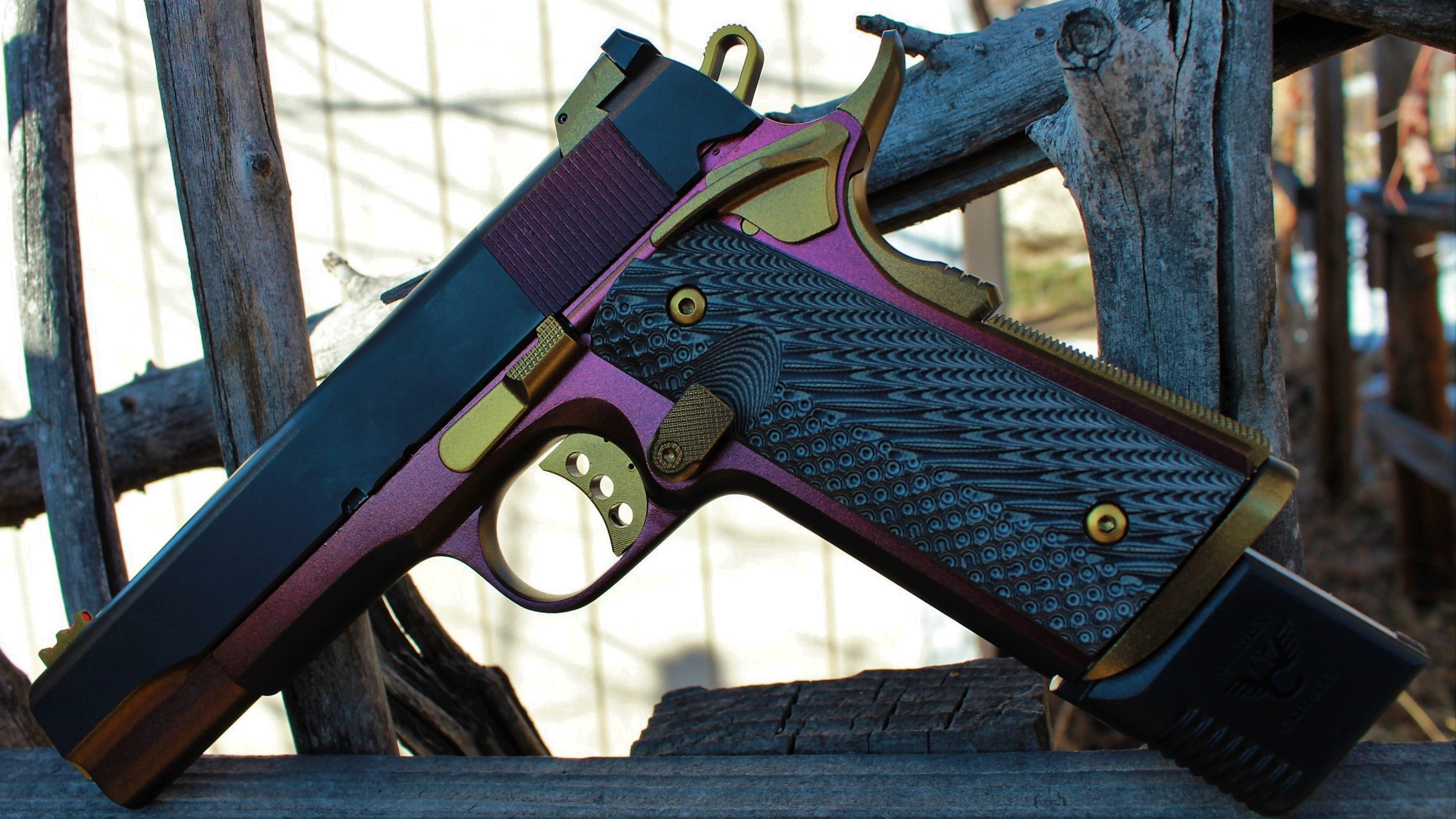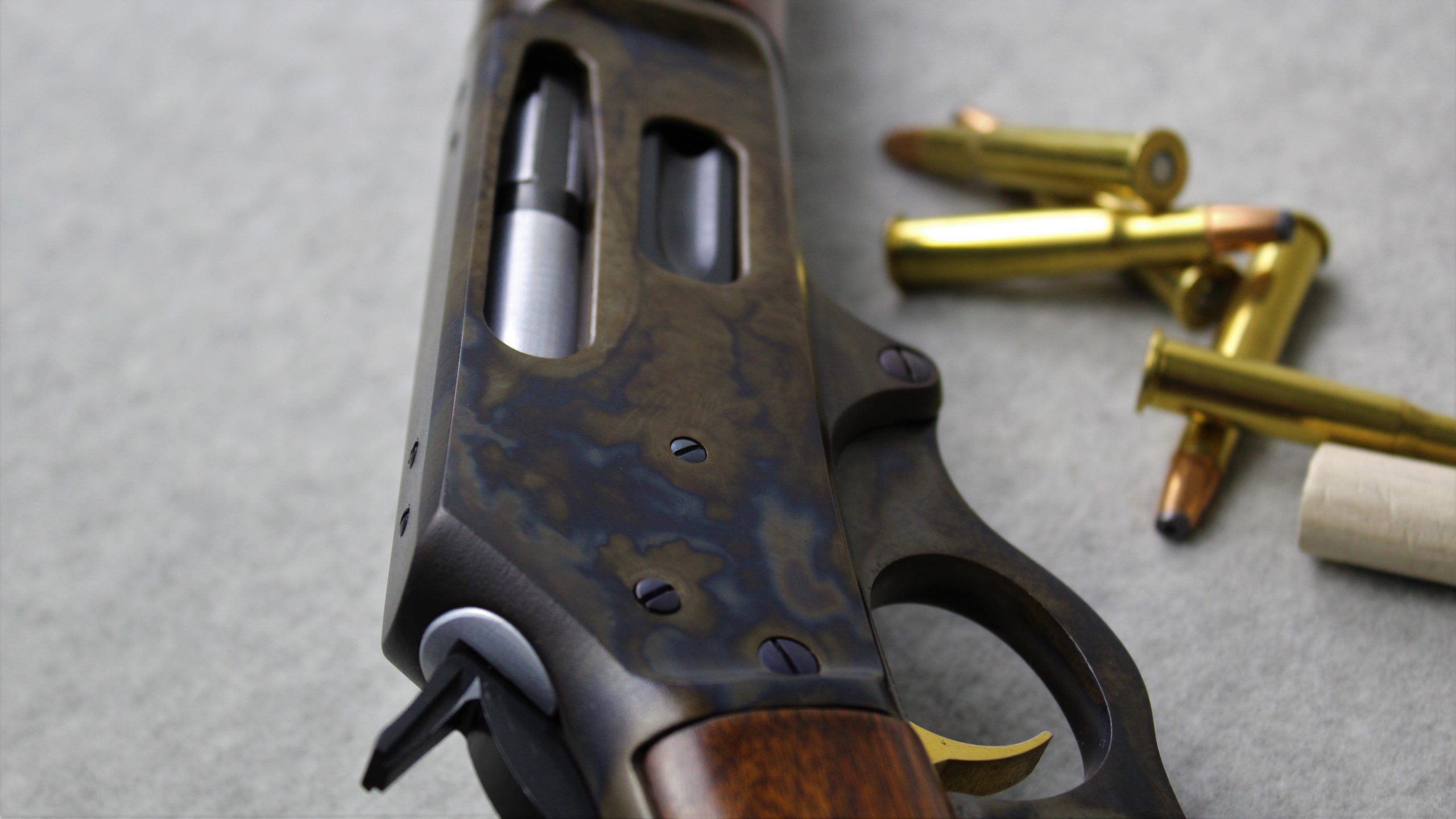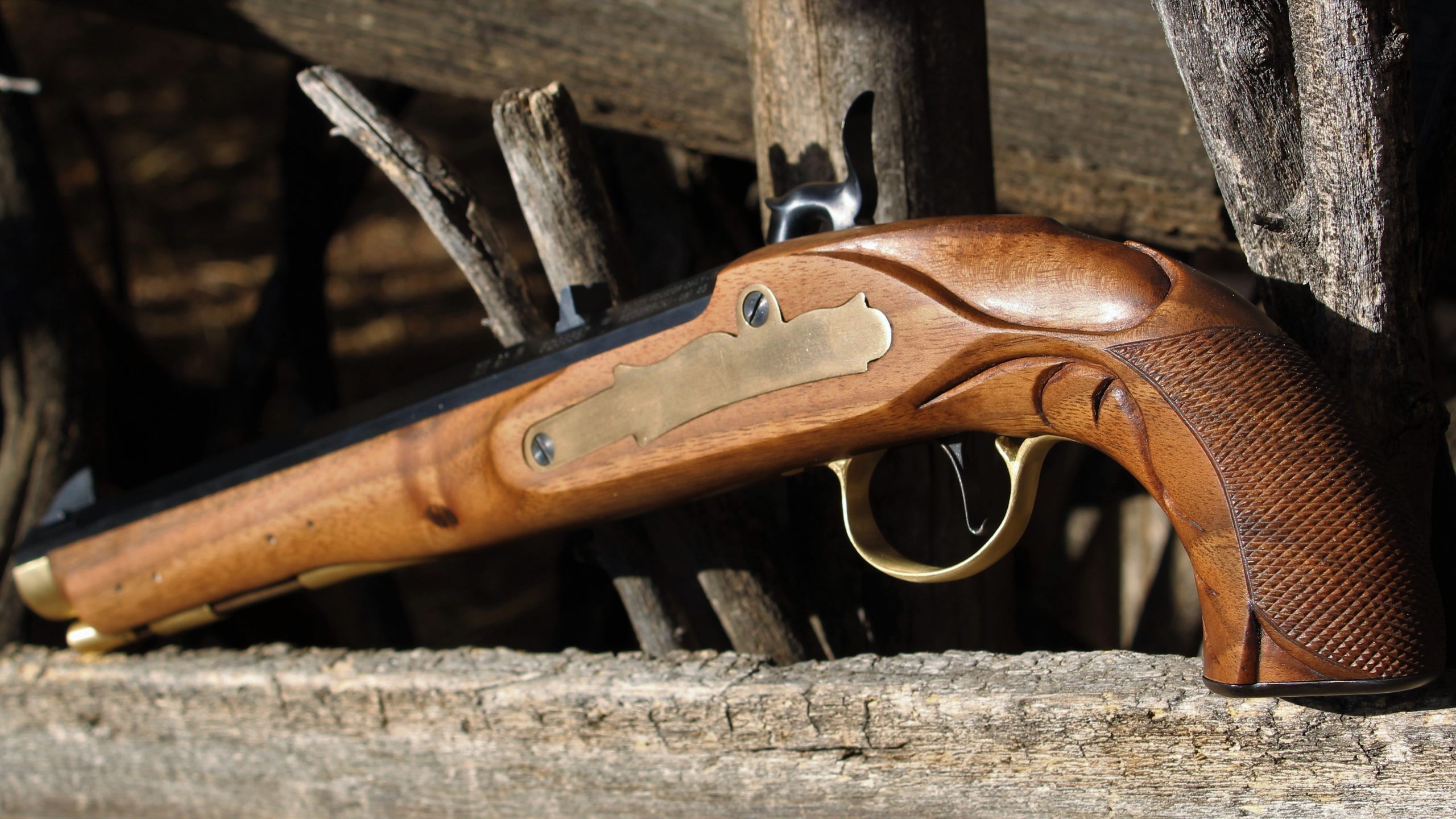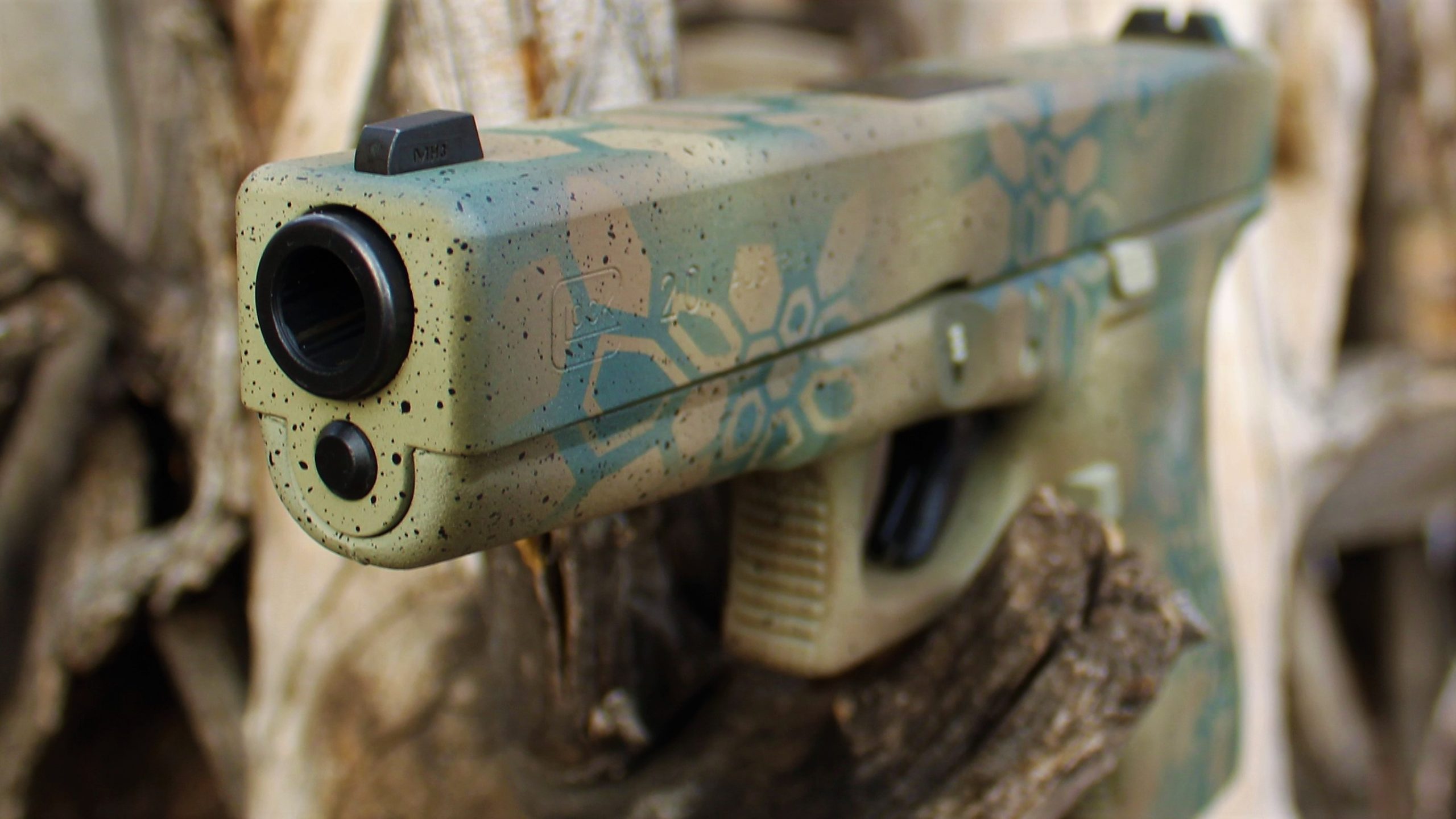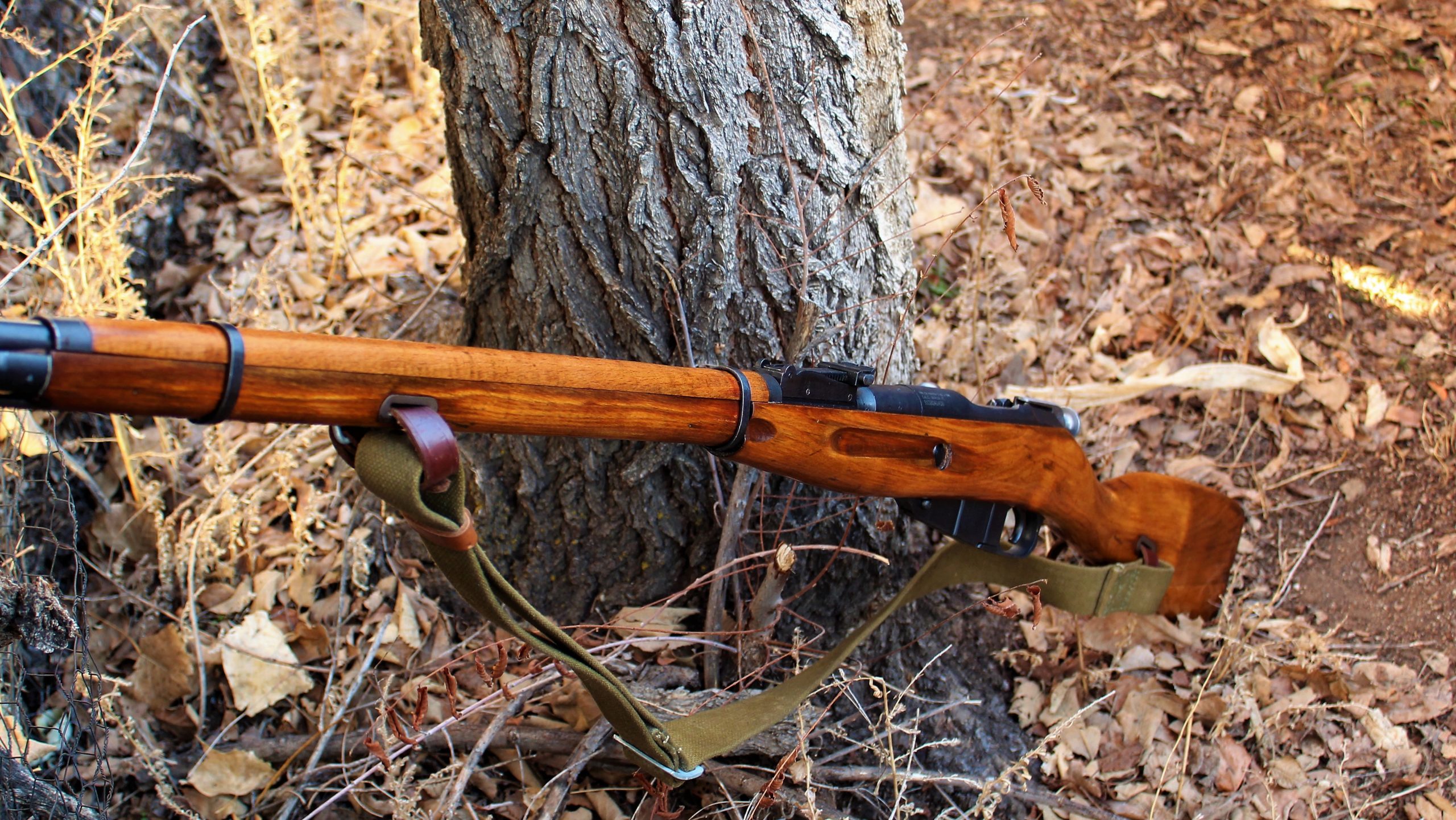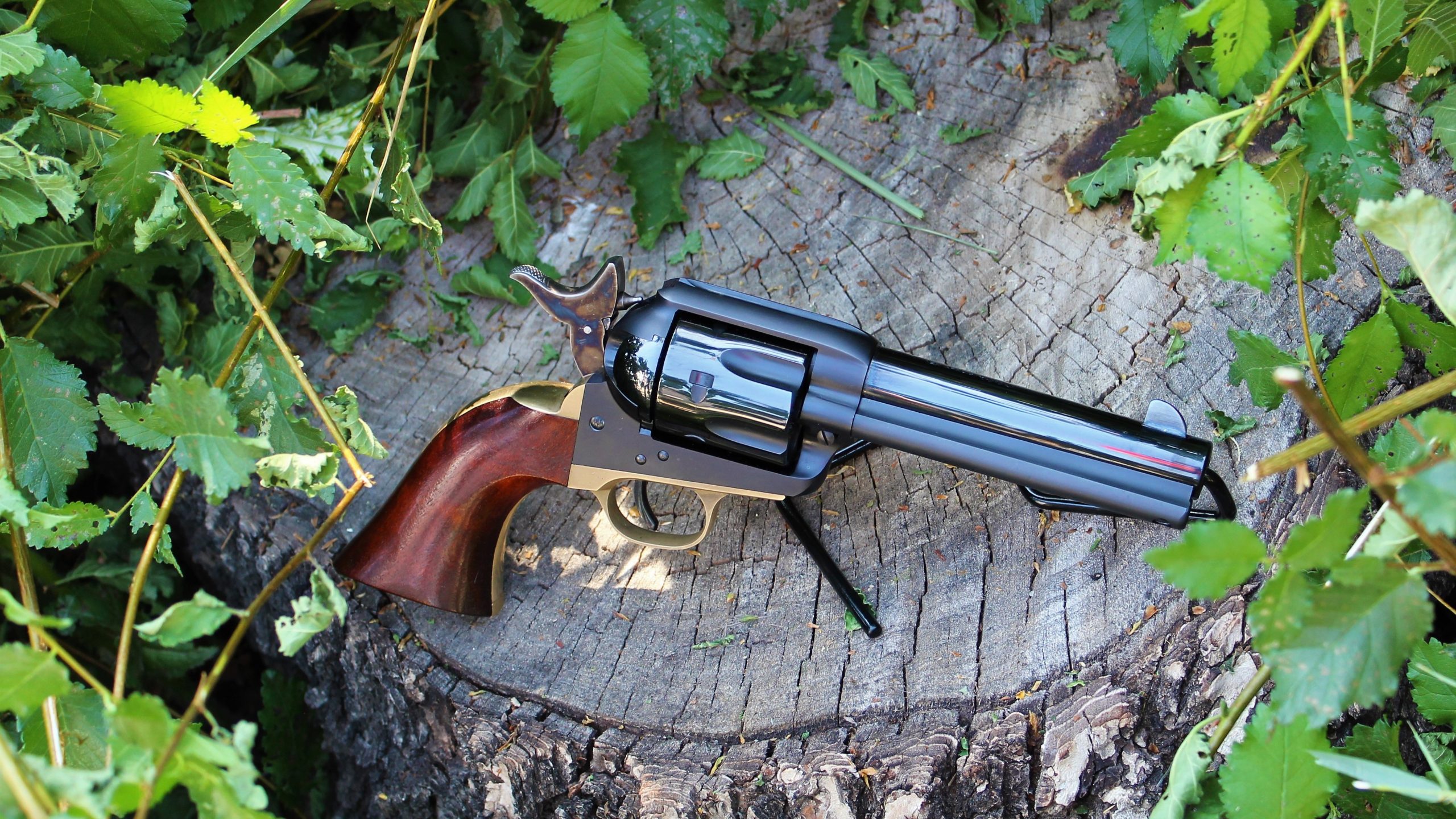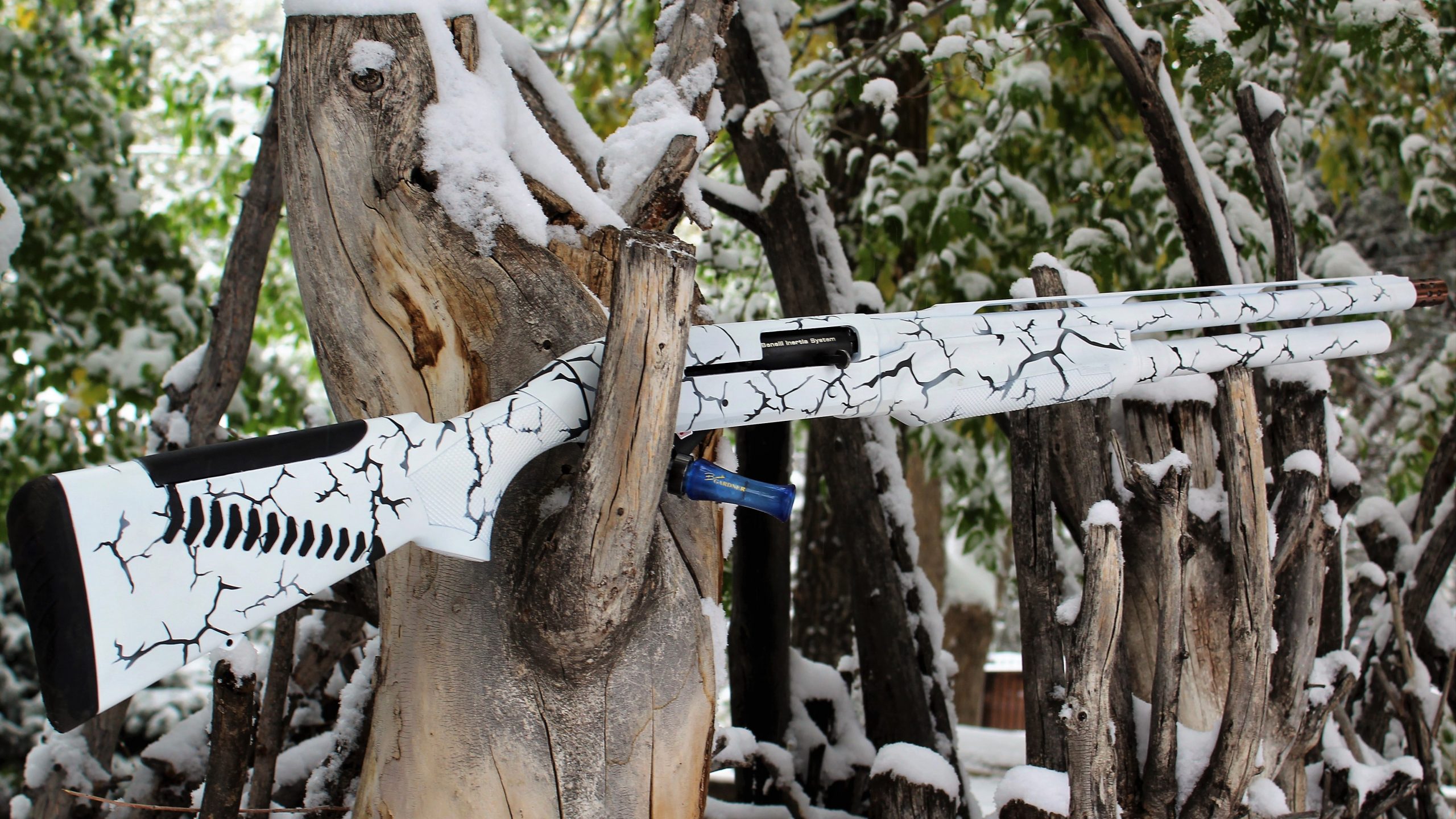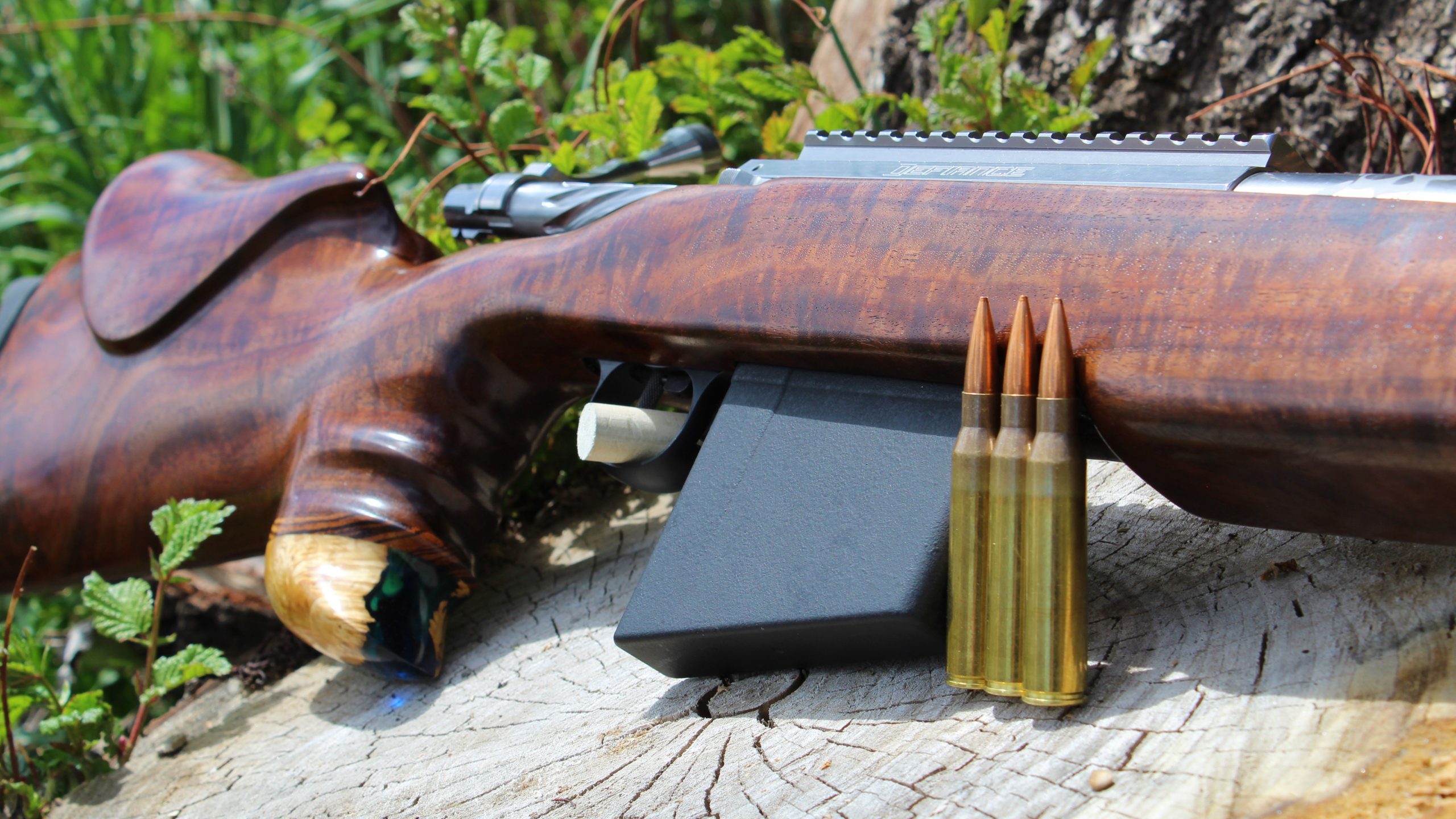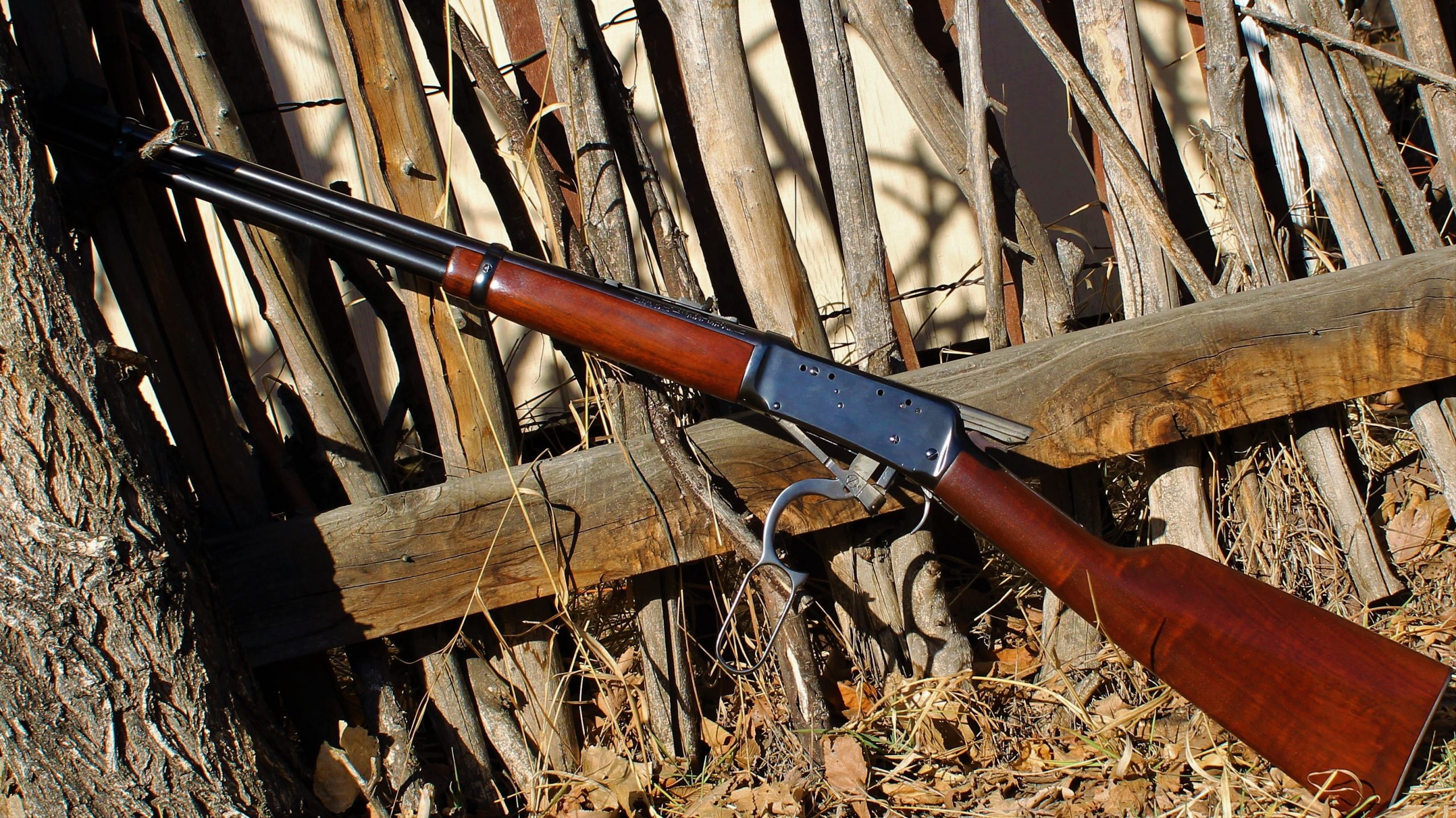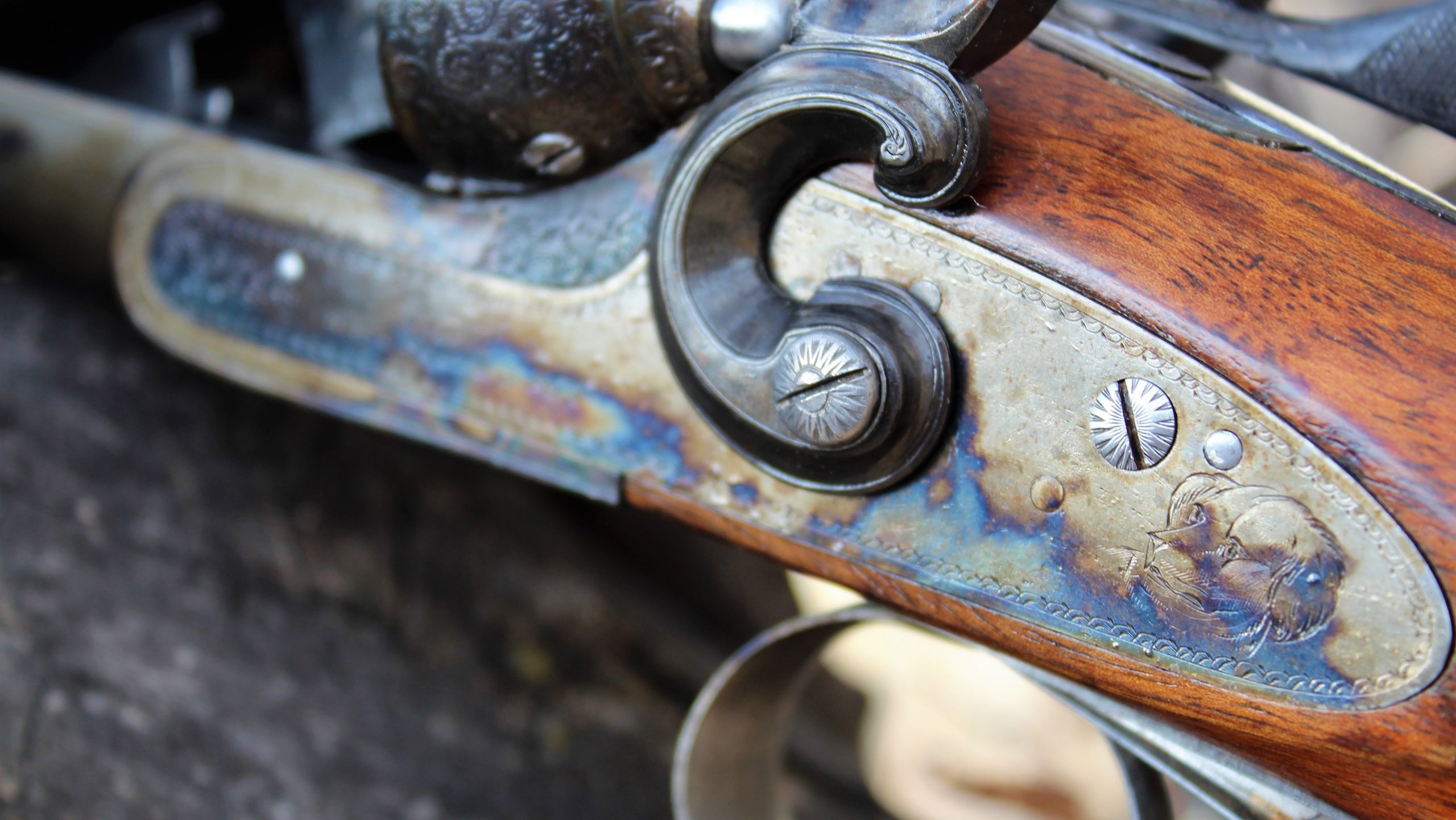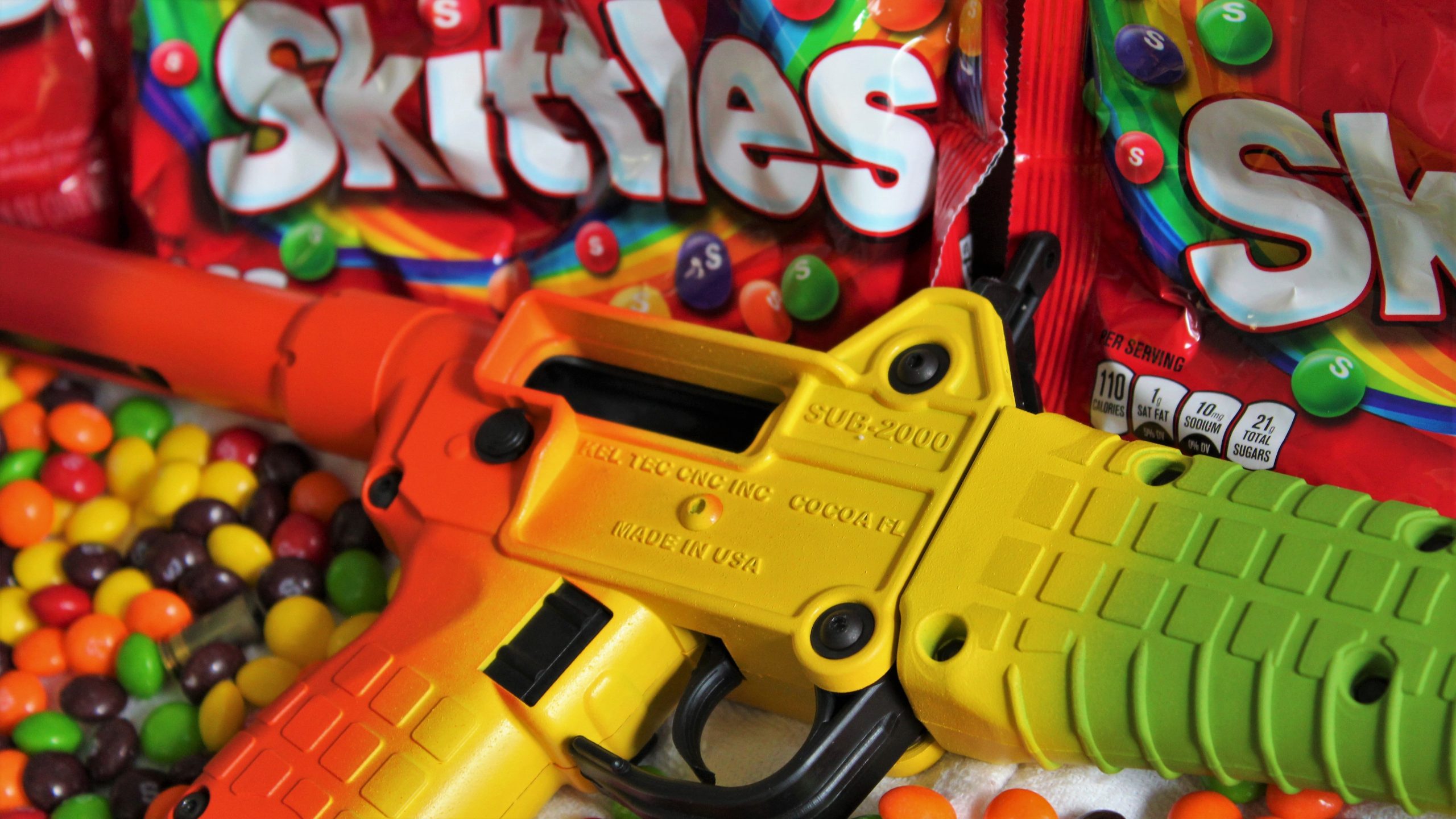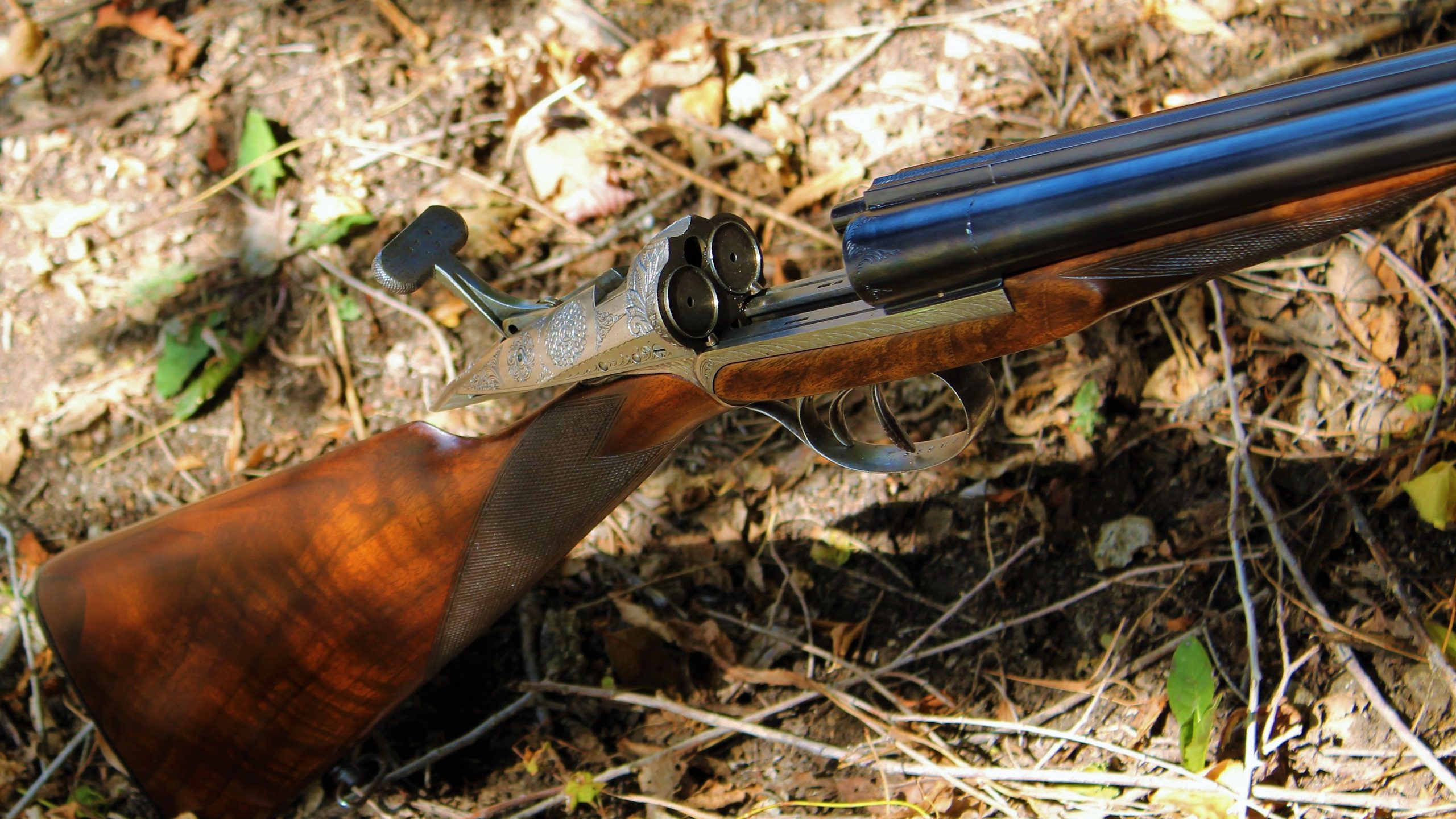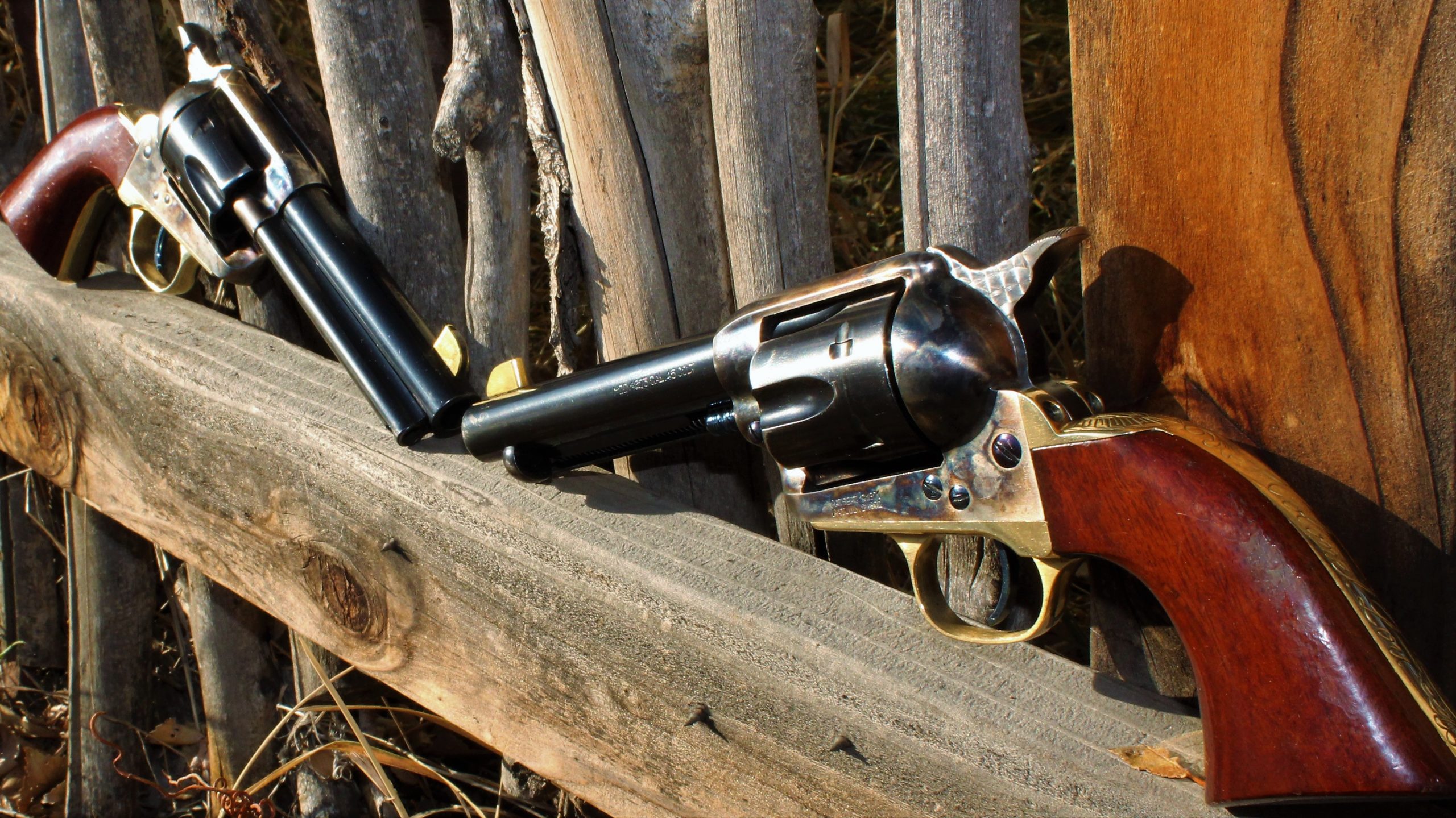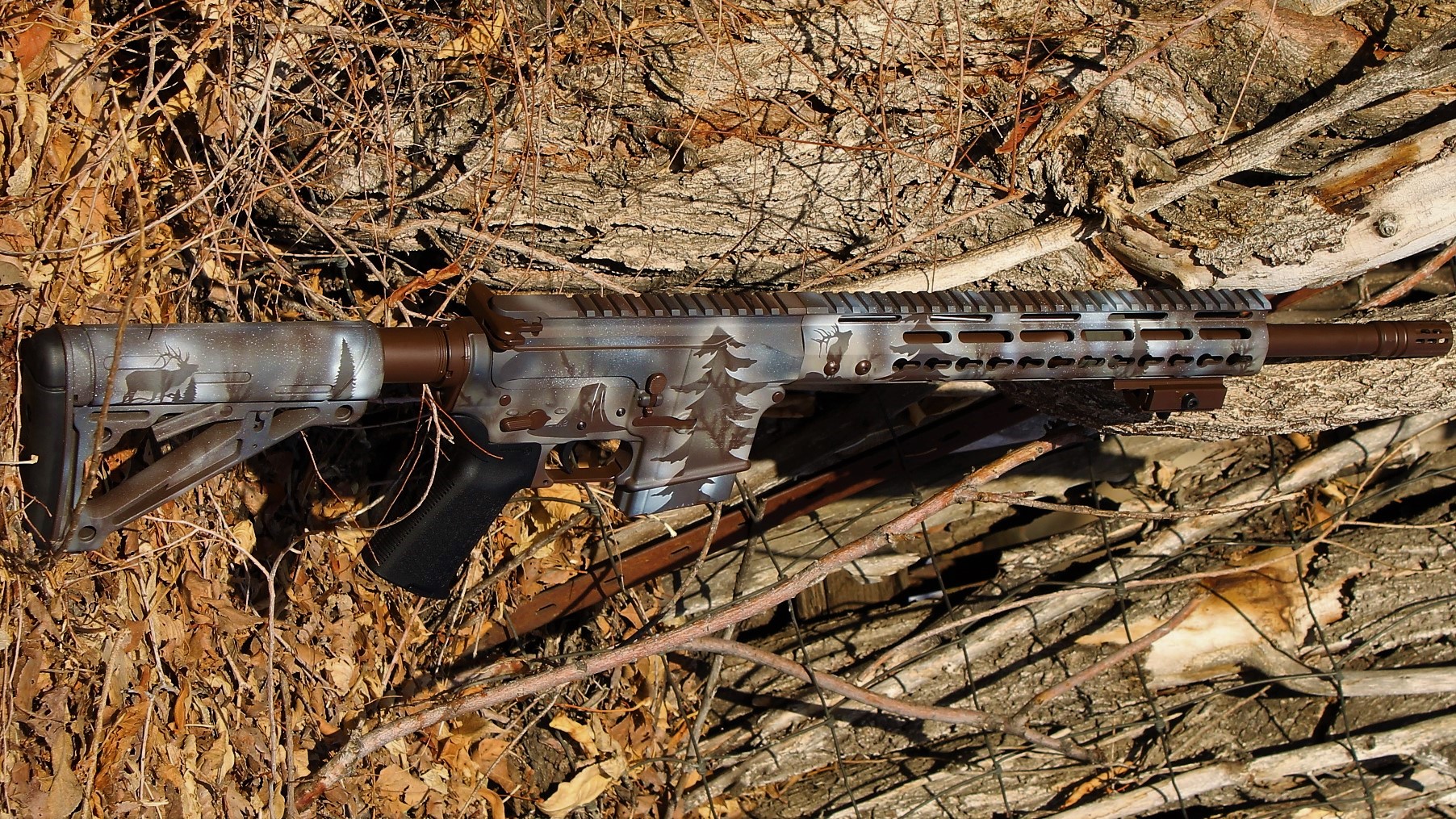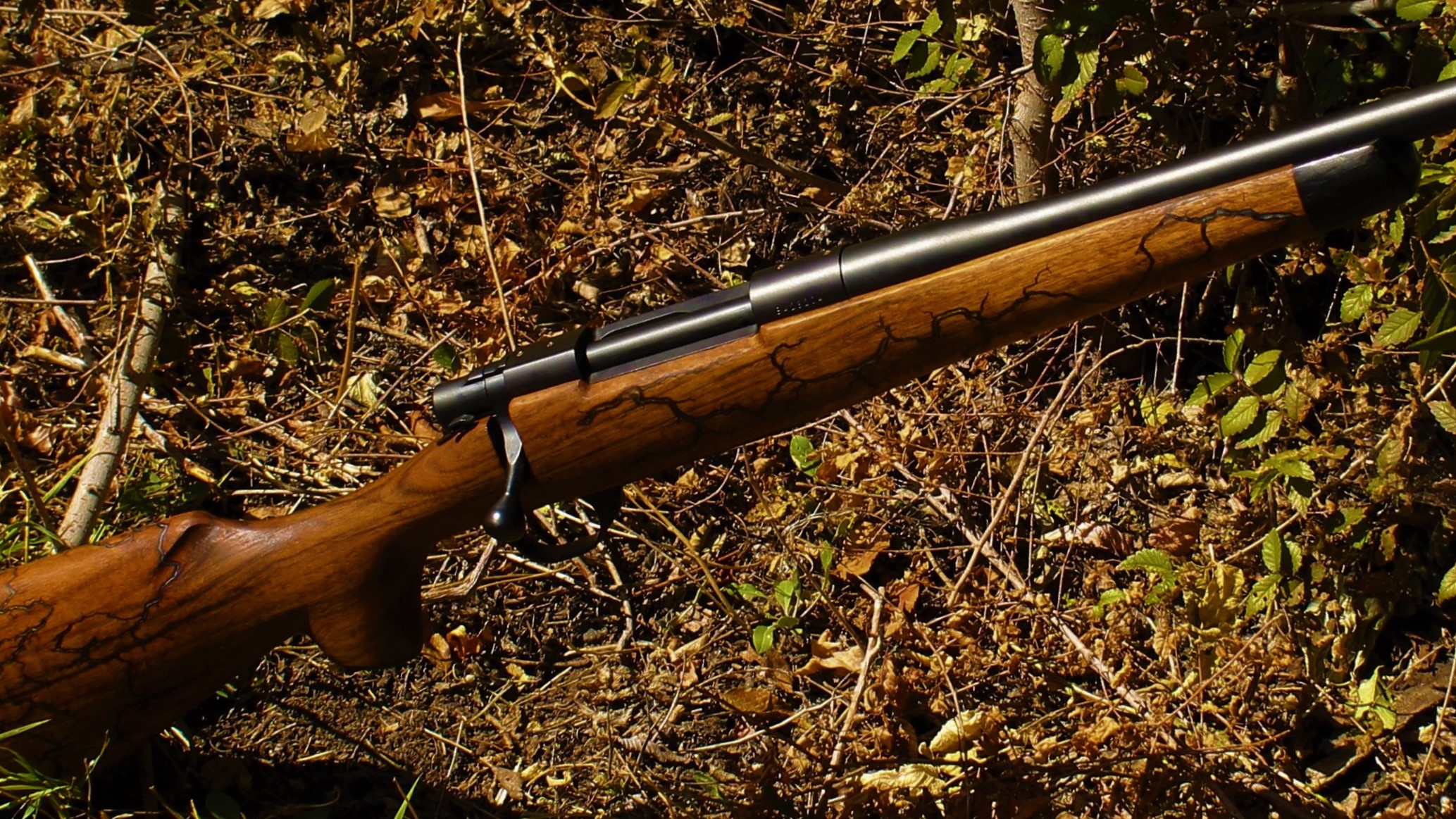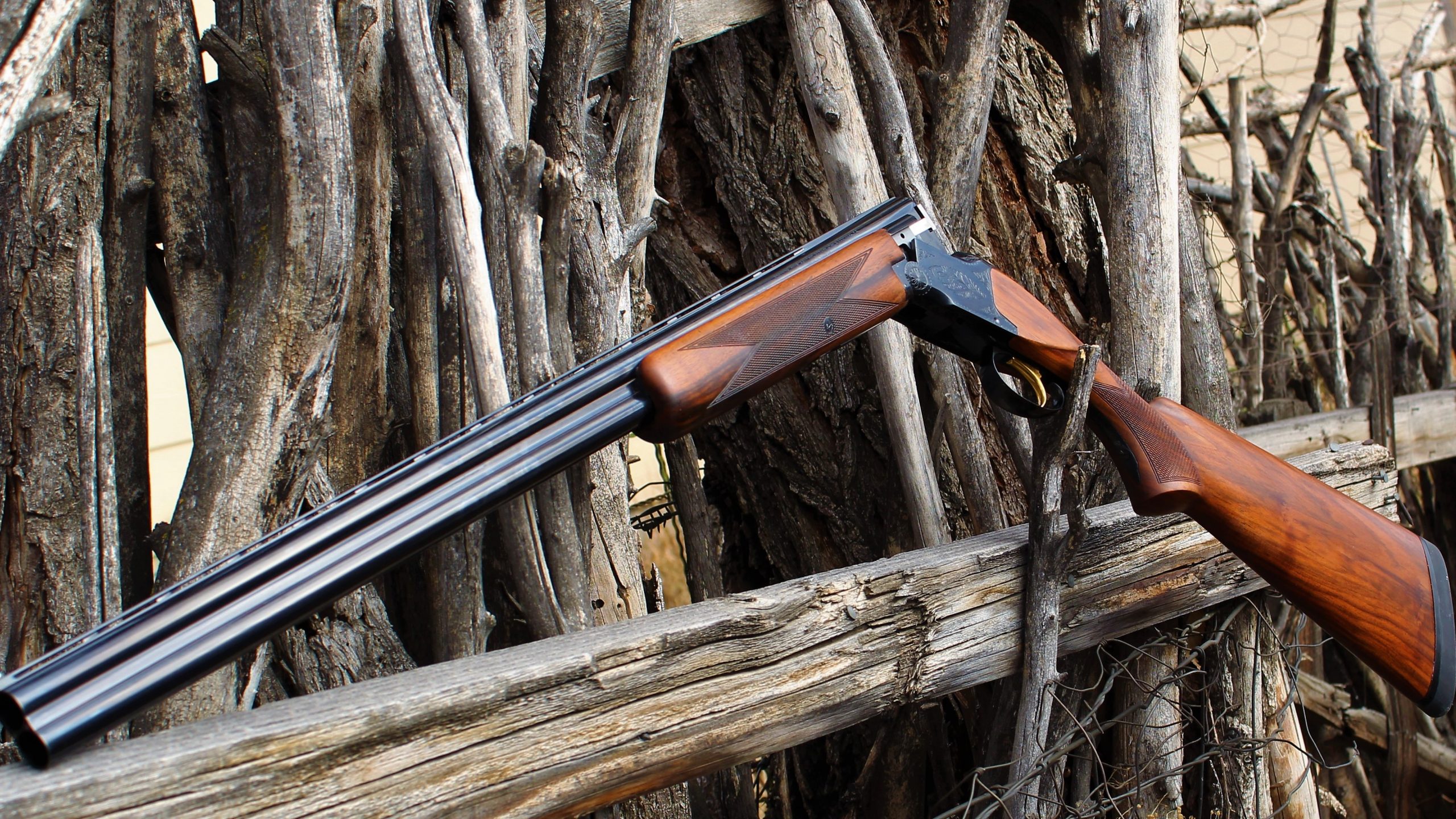10 Tips to Successfully Plan Your Dream Hunt
We all have them — lofty ambitions for the hunt of a lifetime. But do they need to remain only in your dreams? Absolutely not! Every year, hunters experience the thrill and adventure of taking down a trophy. A dream hunting expedition comes down to one thing – planning. In this article, we discuss ten things that turn an average hunt into the hunting excursion of a lifetime.
Successful hunting is all about planning. You can’t just hop in the truck, head for the woods and bag a trophy buck. That kind of hunting excursion is mostly about luck. Sure, luck plays a part in most hunting ventures, but how much luck impacts your adventure is somewhat controllable. A few of the thing things that we discuss includes equipment and supplies, using guides, and tips on how to plan a dream hunt. This is not a species-specific hunting article, so whether you want a trophy whitetail, elk, bear, or even big game like elephants or lions, the information in this article will be usable for you. Let’s begin with the first order of business — equipment.
- Hunting equipment — It all boils down to quality
Hunting equipment is a set of tools, and tools are supposed to stand up to the abuse. The quality of your equipment is a key component to the success of your hunt. A good example is your gun; it won’t do you much good if it jams. It won’t do you much good if the optics are not spot on and you cannot see your target. It won’t do you much good if it is not powerful enough to allow perfect-ranged shots. Invest in a quality rifle or shotgun.
For many of us, that may mean a customized rifle that is built to fit your body and your shooting style. If you are not ready for a customized gun, then take your existing guns to a gunsmith who has been to school and let them service your rifle or shotgun. If you are the DIY type of hunter, and many of us are, consider taking a gunsmithing class or enroll in a gunsmith course. Most of us were taught to care for guns by our dads, but you’d be surprised about how many little tricks you can pick up from a gunsmith about the care of firearms.
What other hunting supplies might you need for a trophy hunt? Treat all equipment as though it is your gun because many hunts are ruined by a $0.03 part that broke. Don’t let that hunter be you.
- Know your target
It is one thing to say you want to target a trophy elk, and it is quite another thing to be able to find one. This is where we downplay luck and up-play skill. Learn about the animal you hunt and get to know it intimately.
- What do they eat?
- What kind of habitat do they prefer?
- What are their defenses?
- How well do they hear?
- Is their vision better than yours?
- Is your rifle or shotgun going to do the job to overcome their defenses?
These are just a few of the questions that successful hunters answer when they chase trophy game, especially when chasing a predator. Know your prey like you know yourself.
- Safety is always first
Hunting accidents, self-inflicted gunshot wounds and the rest of that long list of miseries are all preventable if you take safety into consideration. There are freak accidents where a limb falls out of a tree and takes you down — an act of God. Most hunting accidents do not involve God, but rather poor safety policies. Nobody wants to limp home because they shot themselves in the foot, but it happens. Even former Vice President Dick Cheney shot his hunting partner accidentally. Be safe about how you hunt, and how you care for your equipment.
- Expect changes
A good hunter is versatile and adaptable. The environment in which you hunt is not going to adapt to you; you will have to adapt to it. You are going into the wild, and the wild is “wild.” Expect conditions to change, especially the weather. Pack your bag for all of the unexpected events. That includes staying longer than planned, lighting, extreme weather, and physical issues such as fatigue, pain, and even allergies. There is a lot that changes in the bush, including one of the most impressive predator groups – insects (ticks, mosquitos and chiggers).
- Use a hunting guide
Good hunting guides are worth their weight in gold. The benefit is that they know the territory and they know the game. They help you overcome the learning curve that you cannot overcome by time, reading or watching videos. What they know they learned from personal experience on the land you’ll be working. They also understand what types of hunting supplies you’ll need, the conditions you’ll face, and what the physical and mental requirements of your hunt will be. A good guide helps make your hunt successful.
- Practice patience
How many of the “ones that got away” got away because hunters were impatient? Patience, they say, is a virtue, and that has never been truer than when hunting. Practice being patient until you master that skill.
- Lose the ego
Hunting is not about you. Hunting trophy game is about building a relationship between yourself and your prey. Most anyone can walk up to an elephant and shoot it. We read about that all the time on social media. To find a monster bull elk or moose is quite a bit different. It is like a dance, and you cannot afford to step on your partner’s toes. Hunting is about skill. You can be prideful after you bag your target. To get to the point of squeezing the trigger occurs more often when we leave our ego in the truck. Be humble and patient and increase your chances for success.
- Evaluate your presence
Do you smell? Can your prey smell you? Are you wearing scents? Even those manly scents from underarm deodorant and toothpaste can alert prey long before you even see them. This is an exercise in evaluating how well your actions and presence stack up against the defenses of you prey. Sight, sound and smell are just some of the tools that trophy game use to stay alive. We are foreigners in their territory and therefore, we stand out like a sore thumb. Evaluating your presence in their territory allows you to compensate or adjust your actions to overcome their defenses. Big trophy bucks did not grow up to be big trophy bucks because they were dense. These are smart animals with keen senses. If you want to bag one, you have to match their presence in their territory.
- Be willing to learn
None of us knows everything, even if we are good at hunting. Think of things in grades — amateur, novice, sufficient, master, guide. Where are you in this lineup? Even the top tier of hunters have things to learn and skills they can improve. A common improvement is how to squeeze the trigger. Eliminating shooting errors is a big part of being successful as a hunter. To hunt the top tier of prey you need to be the best hunter that you can be, and that comes down to skill. Be willing to learn and willing to put in the time to improve.
- Learn the art of movement
Tracking game requires movement, and that means sound. Learn how to move slowly and how to make each movement with purpose. There are skills that you can learn that help you step softly or creep along the ground silently. Being able to move properly is a key component of hunting. It is not very likely that you will just walk through the woods and drop a trophy buck from 50 feet.
Hunters need to be flexible, able to bend, squat, and stand for long periods and then be able to move quickly, accurately and purposefully. If you’d like to evaluate how you move, consider taking a Tai Chi class. Tai Chi is a Chinese art, and it teaches balance and movement. Tai Chi will surprise you with what you will discover about yourself.
These ten tips address the entire realm of what a hunter is and offer insight into how to improve yourself so that you fit into the role of a top predator. Whether you shoot bullets or arrows, the best of us got there by practicing and improving. Skill wins over luck, and building skills require work. Master these and you’re well on your way to your Dream Hunt. Happy hunting.

